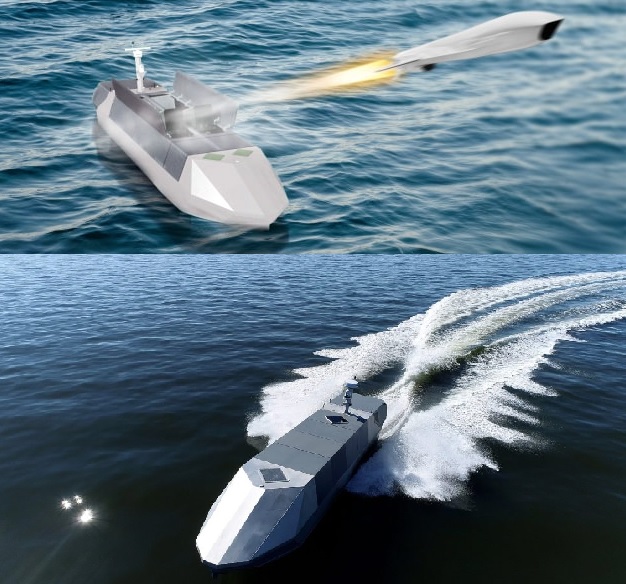U.S. Approves $330 Million Sale of Fighter Jet Spare Parts to Taiwan, First Under Trump Administration

Washington/Taipei — The United States has approved a potential $330 million sale of aircraft spare and repair parts to Taiwan, marking the first such transaction since President Donald Trump took office. The Pentagon announced the decision late Thursday, emphasizing that the package is essential for maintaining the island’s fleet readiness amid rising tensions with China.
The approval, issued through the Defense Security Cooperation Agency (DSCA), includes components and repair materials for Taiwan’s F-16 fighter jets, C-130 transport aircraft, F-5E/F fighters, and various other U.S.-origin platforms. The package covers items such as structural components, avionics parts, flight-control equipment, engine spares, ground-support tools, and logistics support services.
Package Designed to Boost Taiwan’s Combat Readiness
In its statement, the Pentagon said the proposed sale “will improve the recipient's capability to meet current and future threats by maintaining the operational readiness of the recipient's fleet of F-16, C-130, and other aircraft.” The items fall under a Foreign Military Sales (FMS) request submitted by Taipei to address maintenance shortfalls and extend the service life of key aircraft.
Taiwan operates one of the world’s largest fleets of F-16A/B fighters, alongside C-130H transports and a smaller number of F-5 fighters used for training and air defense. Ensuring a steady supply of U.S. spare parts has become increasingly important as Chinese military pressure intensifies around the island.
Beijing Likely to Protest Arms Decision
The deal is expected to draw a sharp reaction from Beijing, which considers Taiwan a breakaway province and has not ruled out taking the island by force. China routinely objects to U.S. arms sales to Taipei, claiming they violate the “One China” principle.
Taiwan strongly rejects Beijing’s sovereignty claims, insisting that only Taiwan’s 23 million people have the right to decide the island’s future. Taipei has welcomed the U.S. decision as a sign of continuing American support.
Comes Amid Trump–Xi Diplomacy and Taiwan Concerns
The announcement follows a recent meeting between President Trump and Chinese President Xi Jinping in South Korea, where both leaders attempted to make progress toward a broader trade agreement. Ahead of the talks, some Taiwanese officials expressed concern that Washington might compromise security commitments to secure economic concessions from China.
Trump later said that Xi assured him China would not invade Taiwan while he remained in office — a claim that surprised many analysts.
The newly approved sale is viewed in Taipei as a sign Washington remains committed to its security role in the Taiwan Strait despite ongoing trade negotiations.
U.S. Maintains Unofficial but Crucial Ties With Taiwan
Although the United States formally recognizes Beijing under the “One China” policy, it maintains robust unofficial relations with Taiwan under the Taiwan Relations Act (TRA), which requires Washington to provide Taipei with defensive weapons and ensure the island retains a self-defense capability.
The U.S. remains Taiwan’s primary arms supplier, having delivered fighters, missiles, surveillance systems, and naval equipment for decades. Analysts say the latest sale, though modest, is strategically important because spare parts directly improve aircraft availability.
Next Steps
Congress has 30 days to review the transaction, but lawmakers generally support Taiwan-related sales. Once approved, the package will be delivered over multiple years.
For Taipei, the decision reinforces its long-term defense partnership with Washington — one that remains pivotal as China expands military operations around the island.
✍️ This article is written by the team of The Defense News.





